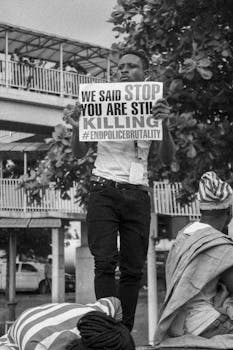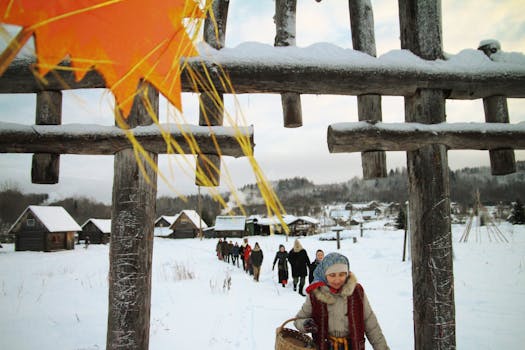Who is Dezi Freeman, the 'sovereign citizen' wanted for killing police?
Background
Dezi Freeman, a resident of Des Moines, Iowa, has been labeled as a "sovereign citizen" and is wanted for the murder of two police officers. This moniker denotes a growing movement rooted in fringe political and legal theories, characterized by a belief that individual citizens have sovereignty akin to that of a nation-state. Freeman, who has avoided the police for over a month, is now considered to be armed and dangerous.
The 'Sovereign Citizen' Movement
The "sovereign citizen" movement is a phenomenon with roots in the late 1960s and 1970s, characterized by beliefs that contradict the legal system of the United States. Freeman is believed to adhere to these divisive beliefs, including the rejection of federal income tax and adherence to discriminatory views. The movement has been associated with various acts of violence, making the manhunt for Freeman crucial for the safety of law enforcement officials.
Status and Manhunt
Freeman is now wanted for the murder of two police officers in Iowa, with the FBI offering a $100,000 reward for information leading to his arrest. The investigation is ongoing, led by the FBI, the Iowa State Patrol, and local law enforcement. Given Freeman's radical beliefs and the potential danger he poses, the manhunt has heightened urgency.
Conclusion
The case of Dezi Freeman underscores the complexities that arise from individuals embroiled in radical movements that challenge the foundations of our legal system. The murder of two officers, along with Freeman's apparent evasion, has heightened concerns about both his personal danger to the public and the potential for further violent acts. It is crucial that the investigation leads to his arrest, bringing justice for the fallen officers and peace of mind to the community.




